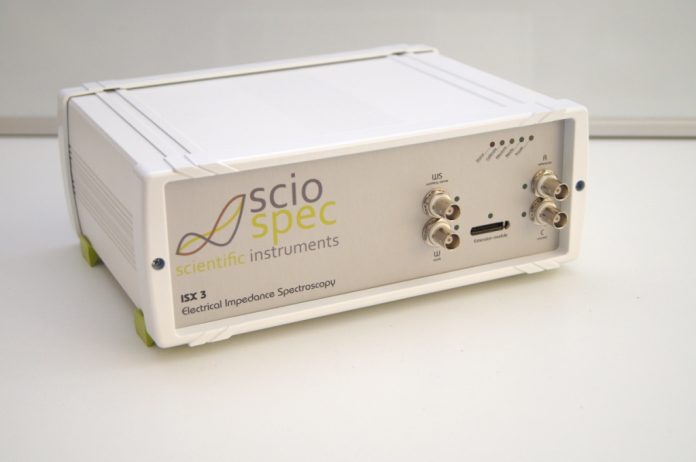LCR (Inductance, Capacitance, Resistance) meters serve as invaluable tools in engineering education, offering hands-on experiences for students and providing practical insights into the behavior of electronic components. As technology continues to advance, integrating LCR meters into educational curricula becomes increasingly important for preparing the next generation of engineers. This article explores the diverse educational uses of LCR meters and their role in training students in various engineering disciplines.
**1. Introduction to Basic Electronic Components:
- Application:
- Understanding the fundamental properties of resistors, capacitors, and inductors.
- Benefits:
- LCR meters facilitate hands-on learning by allowing students to measure and analyze the basic electrical characteristics of common electronic components.
**2. Circuit Analysis and Design:
- Application:
- Practical application of LCR meters in circuit analysis and design exercises.
- Benefits:
- Students gain insights into impedance, resonance, and frequency response, enhancing their ability to design and analyze electronic circuits.
**3. Experimental Verification of Theoretical Concepts:
- Application:
- Verifying theoretical concepts learned in lectures through practical experiments.
- Benefits:
- LCR meters enable students to validate theoretical knowledge, reinforcing the connection between classroom learning and real-world applications.
**4. Hands-On Laboratory Exercises:
- Application:
- Incorporating LCR meters into laboratory sessions for hands-on experimentation.
- Benefits:
- Students develop practical skills by using LCR meters to measure, test, and troubleshoot electronic circuits, fostering a deeper understanding of engineering principles.
**5. Component Characterization and Selection:
- Application:
- Teaching students how to characterize and select electronic components based on their electrical properties.
- Benefits:
- LCR meters assist students in evaluating and choosing components suitable for specific applications, a critical skill in engineering design.
**6. Advanced Circuit Analysis:
- Application:
- Exploring impedance analysis and complex circuit behaviors.
- Benefits:
- LCR meters provide a platform for students to delve into advanced topics, such as complex impedance, resonance, and frequency-dependent characteristics, enhancing their analytical capabilities.
**7. Research Projects and Capstone Design:
- Application:
- Integrating LCR meters into research projects and capstone design projects.
- Benefits:
- Students apply their knowledge in real-world scenarios, addressing complex engineering challenges and contributing to innovation in various fields.
**8. Specialized Training in RF and Electronics Courses:
- Application:
- Offering specialized training in radio frequency (RF) and advanced electronics courses.
- Benefits:
- LCR meters with extended frequency ranges support specialized training in RF engineering, allowing students to work on projects related to wireless communication and high-frequency applications.
**9. Industry-Relevant Skills Development:
- Application:
- Integrating LCR meters to develop skills relevant to industry needs.
- Benefits:
- Students acquire practical skills that align with industry demands, enhancing their employability and readiness for the workforce.
**10. Collaboration with Industry Partners:
- Application:
- Collaborating with industry partners to provide real-world projects and exposure.
- Benefits:
- Partnering with industry allows students to work on cutting-edge projects, applying LCR meters to solve real-world engineering problems and gaining industry-relevant experience.
In conclusion, the educational uses of LCR meters are diverse and crucial for training the next generation of engineers. By integrating these instruments into curricula, educators can provide students with hands-on experiences, practical skills, and a deeper understanding of electronic components and circuit behaviors. LCR meters not only support foundational learning but also empower students to explore advanced concepts, contribute to research projects, and develop industry-ready skills, preparing them for successful careers in engineering.
